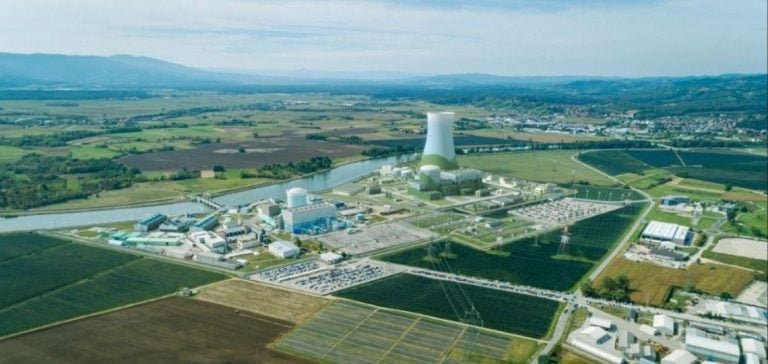The JEK2 project, aimed at developing new nuclear capacity in Slovenia, has recently undergone a financial review. This independent analysis, conducted by Ernst & Young, estimates the total cost to be between EUR 9.5 and 15.4 billion, depending on the size of the reactors considered.
A Detailed Cost Analysis
GEN energija, the company responsible for the project, confirmed that the estimated costs align with industry standards and recent research. However, experts have emphasized the importance of strengthening risk analysis in the upcoming decision-making phases.
The cost range varies depending on the size of the reactors. A 1000 MW reactor would cost approximately EUR 9.5 billion, while a larger unit, at 1650 MW, could reach up to EUR 15.4 billion. These figures exclude financing costs but provide a clear indication of the investment required to complete the project.
A Strategically Important Project for Slovenia
The JEK2 project is part of a strategy to strengthen Slovenia’s energy independence. Currently, the Krško nuclear power plant, which produces 696 MW, provides about one-third of the country’s electricity. Developing the new unit would not only stabilize the national grid but also reduce electricity imports and potentially allow for energy exports.
Next Steps: The National Referendum
Slovenian Prime Minister Robert Golob announced that a referendum would be held by the end of 2024 to consult the public on this project. The final investment decision is expected in 2028, with construction possibly starting as early as 2032, according to the current schedule.
The project could play a key role in achieving the country’s climate goals while ensuring long-term energy stability, a crucial necessity for the energy transition.






















